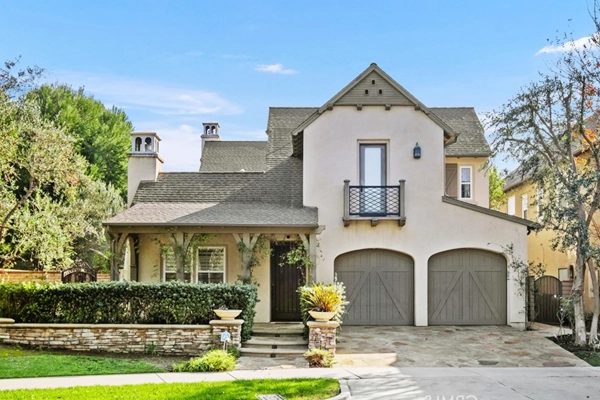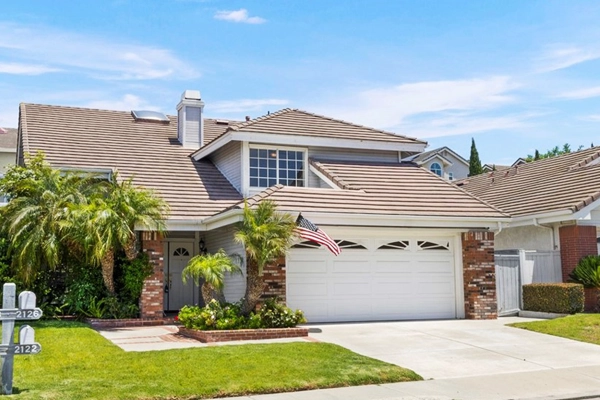Let’s Explore Your Selling Options. I’ll help you sell your home at the price and terms you want. Free Selling Strategy Call
What is an escrow account, and do you need one? If you’ve recently bought a home, or even if you’ve owned it for a while, you might have an escrow account set up with your lender. Today, I want to walk you through what that means, why it matters, and what you should be looking out for.
What is an escrow account? An escrow account is typically set up by your lender when you buy a home. It’s a way to combine your monthly mortgage payments with your property taxes and insurance costs, sometimes even HOA dues, depending on where you live. Instead of paying those bills separately, you’re paying into the escrow account, and the lender handles the rest.
What are the benefits of an escrow account? Escrow accounts can be beneficial for first-time buyers or anyone who doesn’t want to worry about budgeting for property taxes. Instead of setting aside money on your own every month, your lender does the math and adds it to your mortgage payment.
That way, when those property tax payments are due, usually twice a year, you’re already covered. It’s one less thing to worry about. Personally, I think it’s a great option for anyone who just wants to keep things simple.
If you’re like me and own investment properties in different states, escrow accounts are even more helpful. When I take out a loan on a property, I usually let the lender set up the escrow account. It just makes everything automatic. The payments are made, and I don’t have to think about it because it runs on autopilot.
What are the downsides of an escrow account? Some people prefer to manage their own property tax and insurance payments because they can earn a little interest on that money if they keep it in their own savings account, perhaps 3%, 4%, or even 5%, depending on the account. When that money sits in escrow, it’s not earning anything for you.
There’s also the risk of shortages. Here’s what it means:
Let’s say when you bought your house, your homeowner’s insurance was $200 a month. That was the estimate your lender used to build your escrow payments. However, premiums have increased significantly lately, particularly in states such as California, Missouri, and Nevada. I’ve seen some increases as high as 30%.
In California, they’re trying to limit increases to 18%, but even that adds up. Now, your premium might be $400 a month, and your escrow account doesn’t have enough funds to cover that.
What happens then? You receive a letter in the mail stating that your escrow account has a shortage, and you’re expected to cover the difference, sometimes immediately. That can be stressful.
How do you protect yourself from unwanted costs? If you think your property taxes are too high, you can appeal that with your county assessor. Let’s say they’ve assessed your home at $1 million, but you believe it’s worth closer to $900,000. You can challenge the valuation and potentially lower your tax bill and your monthly escrow payment.
Escrow accounts are a useful tool. They keep you on track and simplify the process. But they’re not something you can set and forget. Keep an eye on insurance premiums, property tax assessments, and any correspondence from your lender regarding changes to your escrow account.
And if you have questions or need help figuring it out, I’m always here. Just call, text, or email me at (619) 379-7664 or kwsmith3443@gmail.com. You can also visit kevinsmithsells.com. I’d be happy to help.
-
Let’s Explore Your Selling Options. I’ll help you sell your home at the price and terms you want. Free Selling Strategy Call
-
Free Home Value Estimate. Know the value of your property for a cash offer or traditional listing. Request My Value
-
Search for Homes. Search homes in Southern California including Orange, San Diego, and surrounding counties. Search Homes
-
Free Real Estate Newsletter. Get our latest Q&A, insights, and market updates to make smarter decisions. Subscribe Now







